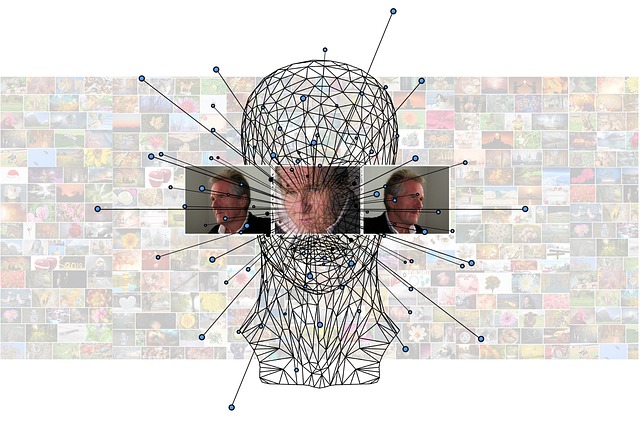In today’s fast-paced world, businesses are constantly seeking ways to enhance efficiencies and reduce operational costs. One transformative approach that has emerged is intelligent energy use, a concept that dovetails remarkably with the advancements in robotics, artificial intelligence (AI), and automation. Leveraging these technologies can create a paradigm shift in how companies utilize energy resources, leading to sustainable growth and innovation.
Robotics is at the forefront of this revolution. By integrating robots into manufacturing and logistical processes, businesses can optimize their energy consumption without sacrificing productivity. These machines can operate in a manner that maximizes energy efficiency by performing tasks at the best possible time and reduces human error. For instance, automating routine tasks with robots enables companies to manage their energy usage effectively, minimizing downtime and ensuring optimal operation during peak hours.
Artificial intelligence further enhances intelligent energy use by analyzing vast amounts of data to identify patterns and predict usage trends. AI algorithms can learn from energy consumption history, giving businesses insights into when and where energy is being wasted. This data-driven approach allows leaders to make informed decisions about energy management, such as when to ramp up production or when to shut down machinery—ultimately decreasing energy costs while maintaining output levels. With AI, companies no longer have to rely solely on instinct or basic metrics; instead, they can harness sophisticated analytics for predictive energy management.
Automation plays a critical role in this progression as well. By automating processes, businesses can streamline operations and reduce their carbon footprints. Smart automation systems can dynamically adjust energy consumption based on the immediate needs of production lines or office environments. For example, smart thermostats that learn the heating and cooling patterns of a building ensure energy is not wasted when spaces are unoccupied. This is a significant step toward fostering a culture of intelligent energy use within an organization.
Adopting intelligent energy use through robotics, AI, and automation not only benefits the environment but also reflects a company’s commitment to innovation and sustainability. As consumers become more eco-conscious, businesses that embrace these technologies are likely to see a boost in brand loyalty. Moreover, the financial savings from reduced energy expenses can be reinvested in further technological advancements, creating a cycle of continuous improvement.
The integration of intelligent energy use with cutting-edge technologies signifies a break from traditional business models. Organizations are increasingly aware that to thrive in a competitive landscape, they must be agile, flexible, and forward-thinking. Embracing robotics and AI opens up new avenues for operational excellence while ensuring that energy use aligns with modern sustainability imperatives.
In summary, as organizations navigate the complexities of the contemporary business environment, the adoption of intelligent energy use powered by robotics, AI, and automation stands out as not just a trend, but a necessary evolution. This transformation leads to smarter operations, a healthier planet, and ultimately, a more resilient business model fit for the 21st century.




